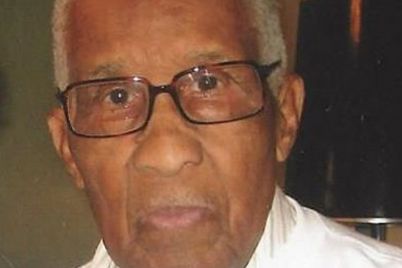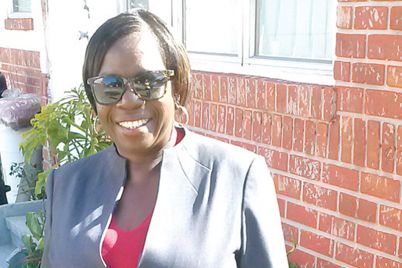Today’s column continues our series of up-to-date tips and reports that will help a family prepare a reasonable, affordable financial plan with a goal of achieving financial freedom.
One of the first steps to financial freedom is planning and following through on a budget, a personal spending plan. Budgeting is about choices – choosing how to make money and choosing how to spend money. It can help you make the most of your money and reach your financial goals. It is your personal strategy. Putting your budget down on paper helps you see where you can improve and make better financial decisions.
A budget is an effective way to start taking control of your financial situation. It provides a set-by-step plan for meeting expenses in a given period of time.
Following a budget helps you reduce the anxiety of not knowing whether you have enough money to pay bills when they are due and gives you a sense of control over your money, rather than letting money have control over you. Budgeting helps you build assets that will improve the quality of life for you and your family.
How to budget – There are four steps to preparing a budget:
- Keep track of your daily spending.
- Determine what your monthly income and expenses are the month before they are due.
- Find ways to decrease spending.
- Find ways to increase income.









